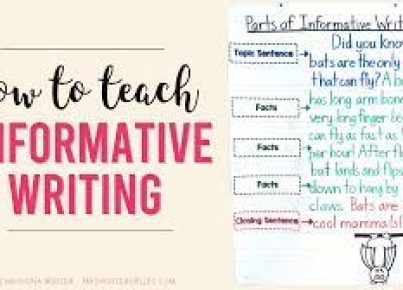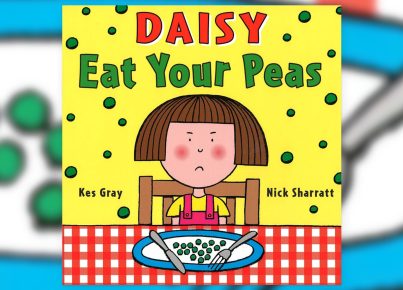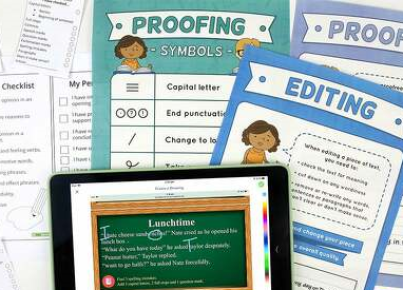Writing a short story can be an enjoyable and rewarding experience. Whether you’re an aspiring writer or just someone looking to flex their creative muscles, crafting a short story can help improve your writing skills and storytelling abilities. In this article, we’ll go through the steps and tips to write a compelling short story.
1. Brainstorm Ideas:
The first step in writing a short story is brainstorming ideas. Think about themes, genres, characters, and settings that interest you. Don’t worry too much about originality; you can always refine the idea as you write. Jot down your thoughts and ideas in a notebook or on your computer.
2. Choose Your Main Character:
Your main character is the driving force behind your story. A well-developed character will engage readers and make them care about the outcome. When working on your character, think about their motivations, desires, quirks, and flaws.
3. Decide on Your Setting:
The setting is where your story takes place—whether it’s a small-town, bustling city, or a mystical fantasy world. Your choice of setting will influence other elements of your short story, such as the plot, characters, and overall atmosphere.
4. Create a Conflict or Problem:
A good short story often revolves around a conflict or problem that the protagonist faces and must resolve. This conflict could be internal (e.g., emotional struggles) or external (e.g., physical obstacles). This challenge should force your main character to grow or change in some way.
5. Plan Your Plot:
Outline the key events of your story from beginning to end using bullet points or a timeline. This will help guide you as you write and save you valuable time spent rewriting later on.
6. Write with Focus:
Now that you have all of your components in place, it’s time to start writing! A short story typically runs between 1,000 and 7,500 words, so you need to be concise and to the point. Focus on showing rather than telling; use descriptive language and strong verbs to bring your story to life.
7. Edit and Revise:
Once you’ve written your short story, it’s essential to edit and revise. Pay attention to grammar, punctuation, and spelling errors. Be ruthless in cutting unnecessary words or phrases – remember, short stories are all about making an impact in a limited word count.
8. Share Your Work:
Sharing your short story with others can be intimidating but is a crucial part of the writing process. Get feedback from friends, family members, or writing groups to help improve your story and build your confidence as a writer.
9. Submit Your Short Story:
Consider submitting your short story to writing competitions, literary journals, or websites specializing in short stories. Not only could you win prizes or recognition for your work, but this exposure can also help you connect with other writers and build a following for your future work.
In summary, writing a great short story involves brainstorming ideas, crafting a compelling main character and setting, outlining a conflict-driven plot, staying focused while writing, and polishing your completed work through editing and revision. Don’t forget to share your work with others for valuable feedback and consider submitting your story to various outlets. Most importantly, enjoy the creative journey of bringing your ideas to life!




